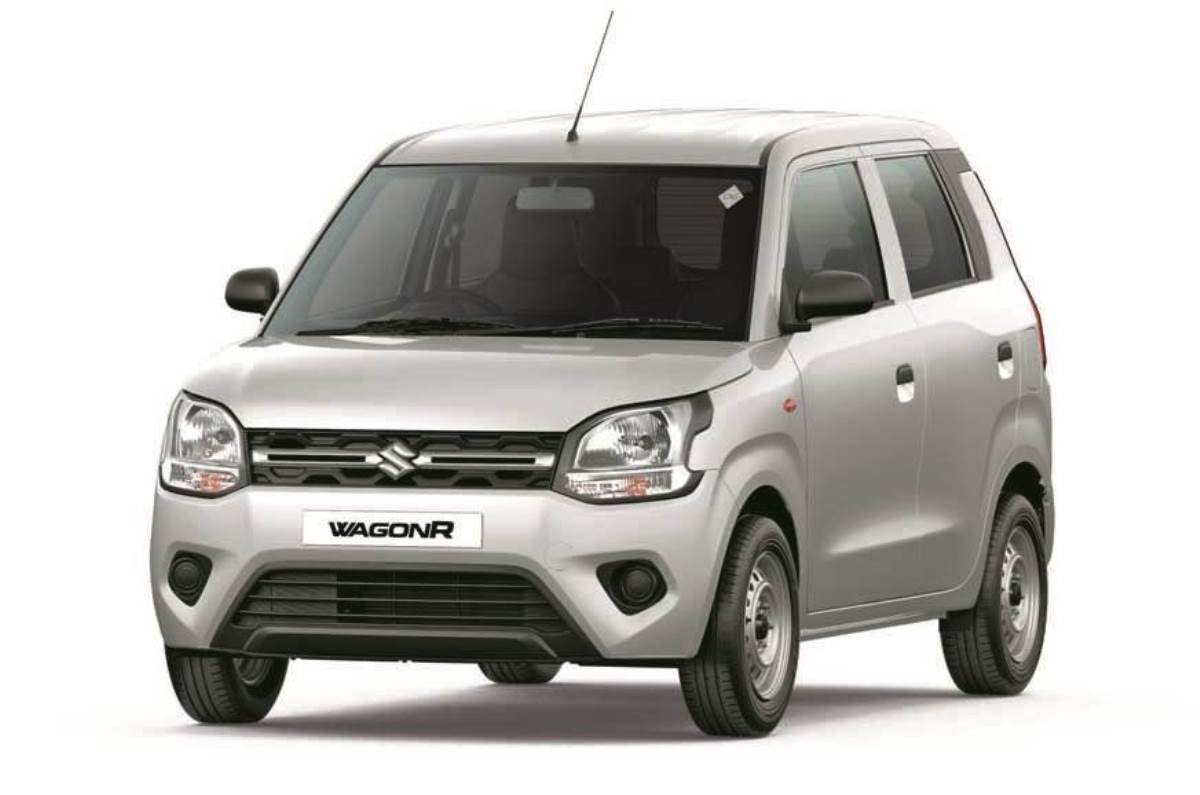It’s worth noting that some of these reasons may vary depending on your specific location and circumstances. It’s recommended to consider the availability of CNG infrastructure and vehicles in your area and weigh the pros and cons before making a decision.

9 reasons not to buy CNG Cars
- Limited Availability: Compared to gasoline or diesel cars, the availability of CNG (Compressed Natural Gas) cars is relatively limited. This can make it challenging to find a suitable model that meets your preferences and requirements.
- Infrastructure Constraints: The infrastructure for CNG refueling stations is not as developed as that for gasoline or diesel. Depending on your location, you might find it difficult to access CNG refueling stations conveniently, which can limit your driving range and convenience.
- Higher Initial Cost: CNG cars typically come with a higher initial purchase cost compared to their gasoline or diesel counterparts. The specialized CNG fuel system and storage tanks contribute to this higher price tag, which may not offset the potential fuel savings over the vehicle’s lifetime.
- Limited Model Choices: The options for CNG cars are limited, and you may find fewer models available to choose from compared to gasoline or diesel vehicles. This limited selection can restrict your ability to find a car that suits your preferences in terms of size, style, features, etc.
- Reduced Trunk Space: CNG cars require dedicated storage tanks for compressed natural gas, which can occupy a significant amount of trunk space. If you frequently need ample storage capacity for cargo or luggage, the reduced trunk space in CNG cars might be a
Also read: Next-Gen Maruti Suzuki Swift spotted testing, to deliver upto 40 kmpl mileage
- Reduced Performance: CNG cars generally offer reduced performance compared to gasoline or diesel vehicles. They may have lower horsepower and torque ratings, which can affect acceleration, towing capacity, and overall driving experience.
- Limited Long-Distance Travel: Due to the limited availability of CNG refueling stations, long-distance travel with a CNG car can be challenging. It may require careful route planning to ensure you can find refueling stations along the way, adding complexity to your trips.
- Environmental Concerns: While CNG is considered cleaner than gasoline or diesel in terms of emissions, it is still a fossil fuel. It releases carbon dioxide (CO2) when burned, contributing to greenhouse gas emissions and climate change. As the world shifts toward more sustainable alternatives, CNG may become less popular in the long run.
- Future Uncertainty: The automotive industry is rapidly evolving, with a focus on electric and hydrogen fuel cell technologies. As these technologies become more advanced and widespread, the future demand for CNG vehicles and infrastructure could decline, potentially affecting resale value and long-term viability.






